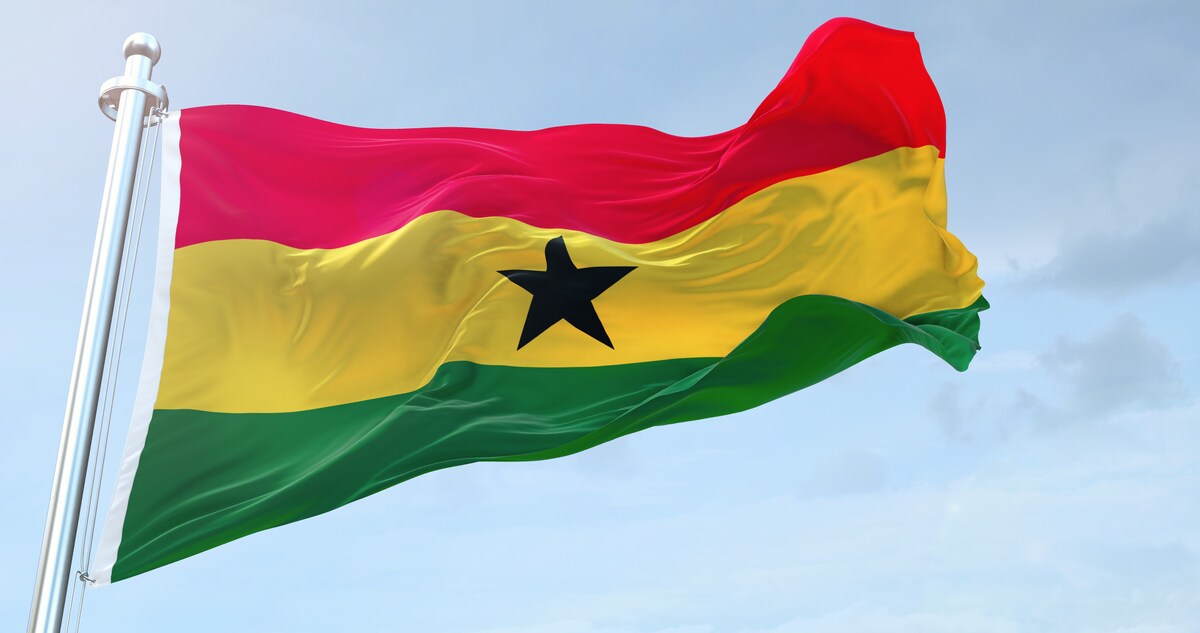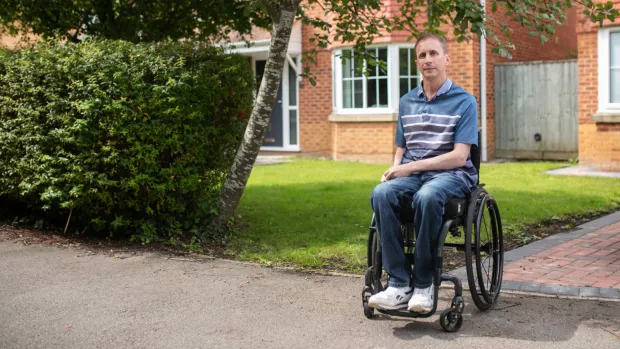Ghanaian lawmakers recently voted to remove the death penalty from the country’s criminal laws. It is replacing it with life imprisonment for crimes like murder and piracy. This landmark decision was met with praise from human rights groups. They will hailing it as a Victory for Ghana. It is an extensive step in the direction of strengthening the safety of the proper to life. Ghana joins a growing number of African nations that have abolished capital punishment. They are positioning the country in line with the global trend towards abolishing this cruel and inhumane practice.
A Triumph for Human Rights in Ghana:
The majority of Ghana’s parliament voted in want of a invoice to amend the Criminal OffensesAct. It had previously allowed the death penalty. They often carried out through hanging or firing squad. Lawmaker Francis-Xavier Kojo Sosu introduced the private members bill, reflecting the will of the people as indicated by opinion polls in the country. With this move, Ghana becomes the 29th African nation to abolish the death penalty. They are joining other countries in the region that have taken similar steps.
The Significant of Decision:
Deputy Majority Leader of Parliament, Alexander Kwamina Afenyo-Markin, expressed pride in the parliament’s decision. He is stating that Ghana has now aligned with the international human rights position. Over 170 nations have either abolished or imposed a moratorium on the death penalty. It remains prison in extra than 50 international locations worldwide, which include the United States, China, Saudi Arabia, and North Korea. Ghana’s decision to abolish the death penalty represents a critical step towards promoting a more humane and progressive society.
President’s Approval and Human Rights Advocacy:
For the decision to be formalized, Ghanaian President Nana Akufo-Addo needs to sign the law. The President has openly expressed his support for abolishing the death penalty, and his approval is anticipated. Human rights group Amnesty International praised the parliamentary vote, considering it a significant step towards abolition. However, the organization also urged a revision of Ghana’s constitution. It still allows for the death penalty in cases of high treason.
Amnesty International’s Perspective:
Amnesty International’s West and Central Africa Director, known as the vote a number one milestoneinGhana’sjourney towards ending the death penalty and strengthening the protection of the right to life. She also highlighted that constitutional amendments should address the use of the death penalty in cases of high treason.Amnesty International maintains to advise for the abolition of the demise penalty globally.
The Death Penalty Project’s Role:
The U.K.-based totally completely nonprofit, The Death Penalty Project, collaborated cautiously with Ghanaian lawmakers andinterestgroups to advocate for the ban of the death penalty in ordinary crimes. The project has been instrumental in similar campaigns, including one in Sierra Leone in 2021. Its co-executive director, Saul Lehrfreund, celebrated Ghana’s historic decision and emphasized how it aligns the nation with the global trend of abolishing the death penalty.
Current Situation in Ghana:
As of the trendy count, Ghana has 172 guys and 6 ladies on loss of life row. This is a part of its general jail populace of simply over 15,000.However, no executions had been done withinside the US in view that 1993. The decision to abolish the death penalty showcases Ghana’s commitment to promoting human rights and a more compassionate criminal justice system.
Global Perspective:
Amnesty International reported 883 executions in 20 countries last year, excluding China. This is over 1,000 executions are estimated to have taken place. Iran recorded the highest number of executions (at least 576), followed by Saudi Arabia, Egypt, and the United States (with 18 executions in 2022). In the United States, executions, death sentences, and public support for capital punishment have been declining over the past decade, though concerns over botched executions remain.
Conclusion:
Ghanaian decision to abolish the death penalty marks a significant step. This is for protecting human rights and promoting a more compassionate criminal justice system. With this historic move, Ghana joins the ranks of other nations seeking to eliminate capital punishment, making a strong statement against inhumanity and supporting the sanctity of life.


